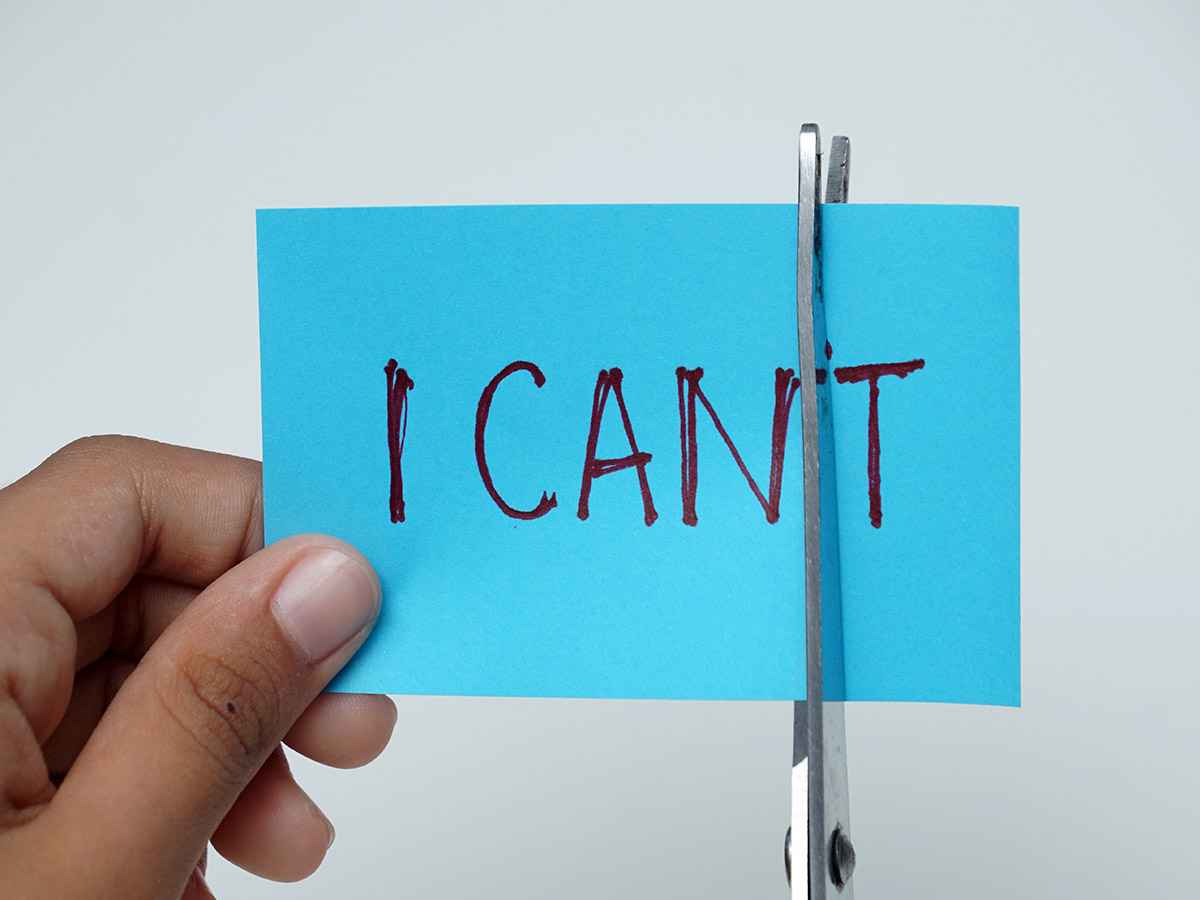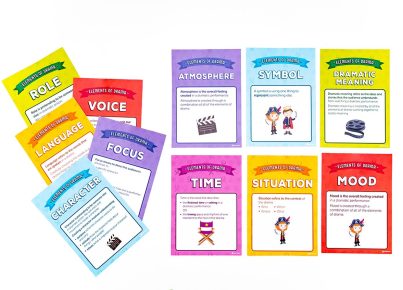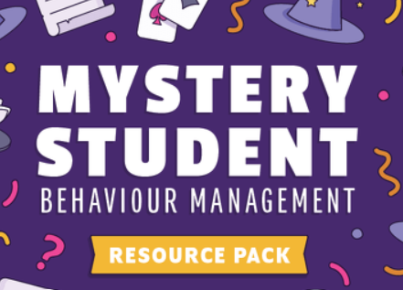In a world where excellence is often celebrated and rewarded, perfectionism can be a formidable adversary for both students and educators. While striving for perfect grades, flawless projects, and error-free performances might seem admirable, the pursuit of an unattainable standard of perfection can lead to significant stress, burnout, and even mental health issues in students. How can teachers then help their students manage perfectionism effectively? Here are 11 easy strategies that educators can incorporate into their teaching practices.
1. Create a Supportive Classroom Environment: Cultivate an atmosphere that celebrates effort and improvement rather than just end results. Encouraging a growth mindset allows students to appreciate their learning journey and view mistakes as learning opportunities.
2. Set Realistic Expectations: Help students set achievable goals by guiding them to understand their individual strengths and limitations. Teach them that it’s okay not to be perfect at everything.
3. Model Positive Behavior: Teachers should demonstrate healthy attitudes towards making mistakes and facing challenges. Discuss your own errors openly and show how you learn from them.
4. Diversify Success Criteria: Show that there are multiple ways to succeed by setting different criteria for success. This helps relieve the pressure of meeting a singular, often stringent standard.
5. Encourage Risk-Taking: Promote an environment where taking intellectual risks is safe and valued. Let students know that trying something new or complex—even if it doesn’t yield perfect results—is commendable.
6. Provide Constructive Feedback: Offer feedback that focuses on improvement rather than dwelling on what was wrong. Balance critiques with positive reinforcement.
7. Teach Time Management: Guide students in managing their time effectively, emphasizing the importance of allocating it realistically across tasks instead of aiming for perfection in every single activity.
8. Offer Reflection Opportunities: Give students time to reflect on their work processes and outcomes to recognize both successes and areas for growth without self-judgment.
9. Normalize Struggle: Share stories of successful people who have faced difficulties, reinforcing the idea that struggle is a normal part of the learning process.
10. focus on Personal Bests: Reward progress based on individual benchmarks instead of comparing students against one another, encouraging them to outdo their personal bests rather than someone else’s achievements.
11. Promote Well-being Over Perfection: Finally, emphasize the importance of well-being over perfect performance; teach students self-care and mindfulness as tools to cope with the stress associated with striving for perfection.
By implementing these strategies, teachers can support their students in accepting imperfection as a natural part of life and learning experiences, thereby empowering them to embrace challenges with resilience and confidence while enjoying their educational journey.





